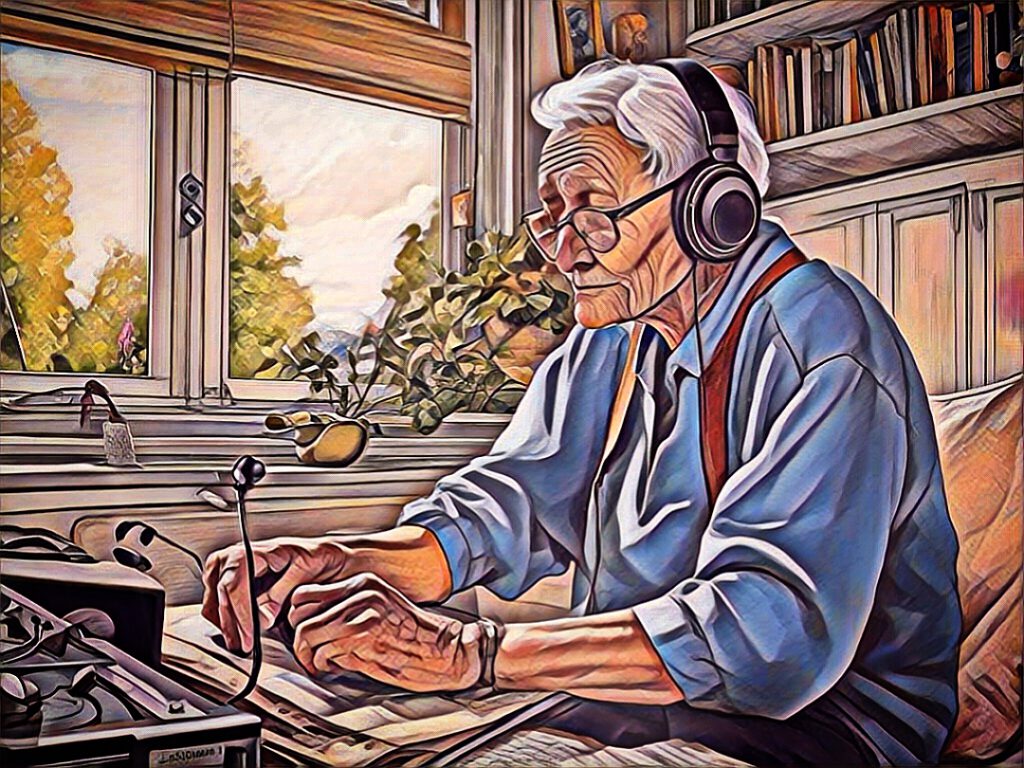Numerous studies show that music can stimulate the release of neurotransmitters such as dopamine and serotonin, which are responsible for one’s well-being. Not only does it influence mood, but it also awakens personal memories and can cause very different reactions. While some people feel profound joy when listening to certain melodies, others may feel sadness or a hint of nostalgia.
In most cases, music has a noticeable effect on the psyche. For example, a song that is associated with a pleasant memory from the past for a particular person can evoke a positive emotional response, while for someone else it may even trigger negative feelings. Reactions vary depending on individual experiences that people have over the course of their lives, and sometimes very significantly.
Music for the treatment of various illnesses
Trained professionals use musical elements for therapeutic purposes to support the emotional, cognitive, social and physical needs of patients. Professionally conducted music therapy shows impressive results, particularly in cases of depression, anxiety disorders or post-traumatic stress disorders. It helps patients to express themselves, process emotions better and reduce stress.
Music therapy is also used in the field of rehabilitation. In patients after a stroke or people with neurological disorders, making music together can promote movement and coordination. Such activities stimulate various areas of the brain and thus support the recovery of motor skills. Music as a type of comforter can even help in palliative medicine to improve the quality of life of those patients who are in the last phase of their life.

Measurable results from scientific studies
Emotional regulation is particularly helpful in mental illnesses, where processing feelings plays a central role. Listening to music and making it yourself can significantly improve your mood. Scientific studies show that music can lower cortisol levels (a stress hormone). At the same time, many patients report reduced pain perception. In neurological disorders such as Alzheimer’s or dementia, cognitive abilities are stimulated. Research shows that musical activities promote memory, attention and language skills.
In group settings, music therapy strengthens social skills, which is particularly beneficial for isolated or introverted patients. Making music also requires coordination and rhythm, which can be used specifically for rehabilitation. Studies document concrete progress in terms of mobility and fine motor skills. Music can also help to facilitate the process of falling asleep and improve sleep quality as a whole, which in turn accelerates recovery.
It all depends on the right qualifications
As far as the studies are concerned, standardized questionnaires were often used to assess pain intensity, stress levels or quality of life before and after sessions. As a result, significant improvements underline the effectiveness of music therapy when it is carried out by specially trained professionals who have demonstrably completed formal training and qualifications in this field.
Music therapists typically have a university degree that includes aspects of psychology, music theory, music therapy methods, and clinical practice. There are also various certification bodies and professional associations that set certain standards for training and practical experience. If you are interested in such training or would like to find out more as a relative of a patient, it is advisable to seek information from a recognized institution or professional association.
Music therapy: Scientific evidence of effectiveness | Treatment of dementia | Benefits from health insurance companies – all articles at a glance.

